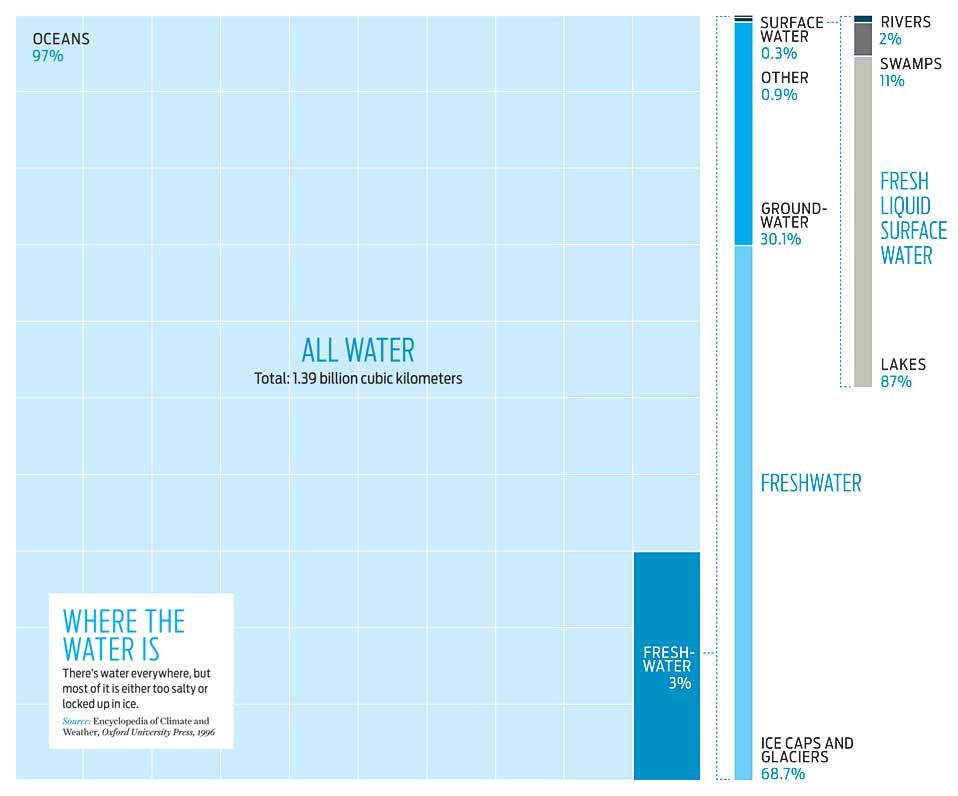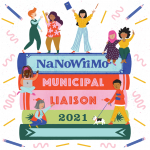 Today is blog action day! Blogs around the world (sorry, blogosphere) are writing about one topic, in hopes of starting a conversation, making people think and challenging what we think. This year’s topic is familiar, we all use water, more than we think, probably more than we realize if we were ever to sit down and try to calculate it.
Today is blog action day! Blogs around the world (sorry, blogosphere) are writing about one topic, in hopes of starting a conversation, making people think and challenging what we think. This year’s topic is familiar, we all use water, more than we think, probably more than we realize if we were ever to sit down and try to calculate it.
The amount of water used is staggering. Think about just energy production alone. Power plants rely on a steady stream of water to cool parts, move wheels, even to heat or boil to move turbines, giving us power:
Plug your iPhone into the wall, and about half a liter of water must flow through kilometers of pipes, pumps, and the heat exchangers of a power plant. That’s a lot of money and machinery just so you can get a 6–watt-hour charge for your flashy little phone. Now, add up all the half-liters of water used to generate the roughly 17 billion megawatt-hours that the world will burn through this year. Trust us, it’s a lot of water. In the United States alone, on just one average day, more than 500 billion liters of freshwater travel through the country’s power plants—more than twice what flows through the Nile.
And water has an amazing affect on politics, much more than I ever realized.
Imagine for just a moment not having access to water. Not being able to drink, wash, brush your teeth, use a clean restroom. For many though, this is the reality. Potable water is scarce, much more so than I ever realized:
Recently, Slate ran an awesome article about the water cycle. The above graphic, as well as it opened my eyes a little bit. I was always saying the line “how is it possible to waste water when it’s constantly being recycled through evaporation and rain?” in my head, not realizing that there is more to it than that. Much, much more, as is explained. I think the analogy they use explains it very well:
Water shortages are really a problem of distribution. We may have enough freshwater on Earth to meet the global population’s current needs, but we can’t always make it available where it’s needed, when it’s needed, and in the quality in which it’s needed.
You can think of a community’s water supply as a bank balance: If the community takes out more than can be returned in a timely fashion, it may reach a point at which it doesn’t have enough water to grow crops, wash clothes, or flush toilets. Communities withdraw water from local surface waters (such as rivers, lakes, or reservoirs), groundwater aquifers, or both. Those sources do eventually get replenished by precipitation, but that can be a very long, slow process—with groundwater, for example, it can take hundreds or even thousands of years.
So what can we do? Well obviously conserve water. And for the love of everything, stop buying bottled water; tap water, or even filtered tap water is just great. Get a nice water bottle and fill it with some ice cubes and tap water. You won’t be able to tell the difference (unless of course you live in Highland Park). While conserving water here won’t necessarily fix it a world away, it certainly isn’t going to hurt. And that bottled water you’re not buying? That’s great for developing nations without reliable access to clean water. Anything we can do to help stop the 4,500 children that die each day from unsafe drinking water is good.
You can start by signing the petition below:
Or maybe kicking in a few bucks to help those working to bring potable water to those in need.
As always, more information is available at Blog Action Day. Thanks for reading, I hope you learned something, and I hope you started your own conversation, even if it’s just with yourself.







